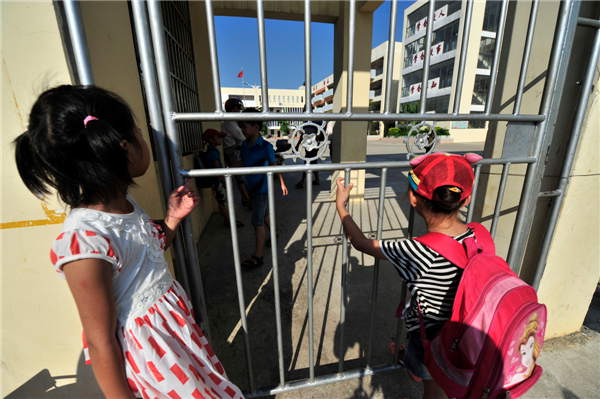
The items also include charging of administrative fees and conferring of government awards.
Premier Li said earlier he will cut at least one-third of the State Council's 1,700 approval requirements in five years.
On May 13, in his speech at a high-level videophone conference, he insisted that streamlining of the cabinet will continue — just as "an arrow sees no return once it is shot from the bow".
Political scientists also applauded the move. Xue Lan, dean of Tsinghua University School of Public Policy and Management, said although all types of administrative control have helped China in the planned-economy era, many of them have had a negative effect on the economy and society now that a market economy is being built.
Some officials have even sought personal gain through the power they hold for administrative approval. To crack down on corruption by officials, the government had to perform the "urgent task" of transforming its functions, Xue said.
"Local governments should follow suit and cancel their approval requirements that are counter-productive to good social management," he proposed.
Song Guojun, director of Renmin University of China's environmental policy and environmental planning institute, did not view the change as an increase in the environmental protection authorities' power.
The primary beneficiaries of government streamlining are the enterprises, he said. They can now save time and reduce costs.
Environmental authorities' power is not increased under the process because their power is defined by law. No business project is allowed to ignore the existing law on environmental impact assessment.




















![]()
